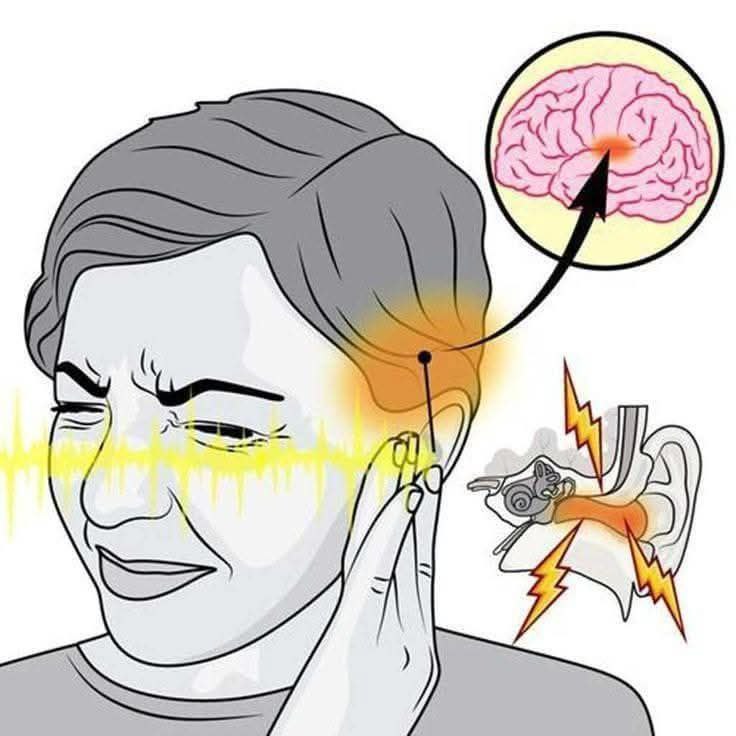
Tinnitus, or the perception of ringing, buzzing, hissing, or clicking sounds in the ears without an external source, can be frustrating and distracting. It affects many people and can stem from various causes, including exposure to loud noises, stress, or underlying health conditions.
Types of Tinnitus
Subjective Tinnitus – Only the affected person hears the sound.
Objective Tinnitus – A rare form that can sometimes be heard by a doctor during an examination.
Common Causes
Exposure to Loud Noises – Damage to inner ear hair cells from prolonged loud sounds.
Hearing Loss – Often age-related and linked to tinnitus.
Ear Blockages – Wax buildup, infections, or fluid affecting hearing.
Health Conditions – Disorders like Meniere’s disease, acoustic neuroma, or high blood pressure.
Medications – Some drugs, including high doses of aspirin or antibiotics, may cause tinnitus as a side effect.
Symptoms & Diagnosis
The primary symptom is hearing a persistent or intermittent sound that varies in pitch and intensity.
A healthcare professional may conduct a physical exam, hearing tests, and imaging to determine the cause.
Treatment & Management
While there’s no universal cure, several strategies can help manage tinnitus:
Sound Therapy – Background noise or white noise can help mask the ringing.
Cognitive Behavioral Therapy (CBT) – Helps manage emotional responses to tinnitus.
Medications – In some cases, medication can reduce symptoms.
Lifestyle Adjustments – Reducing stress, avoiding loud environments, and using hearing protection can improve symptoms.
Tinnitus is often not a serious condition, but if it persists or affects daily life, consulting a healthcare professional is recommended to explore treatment options and underlying causes.